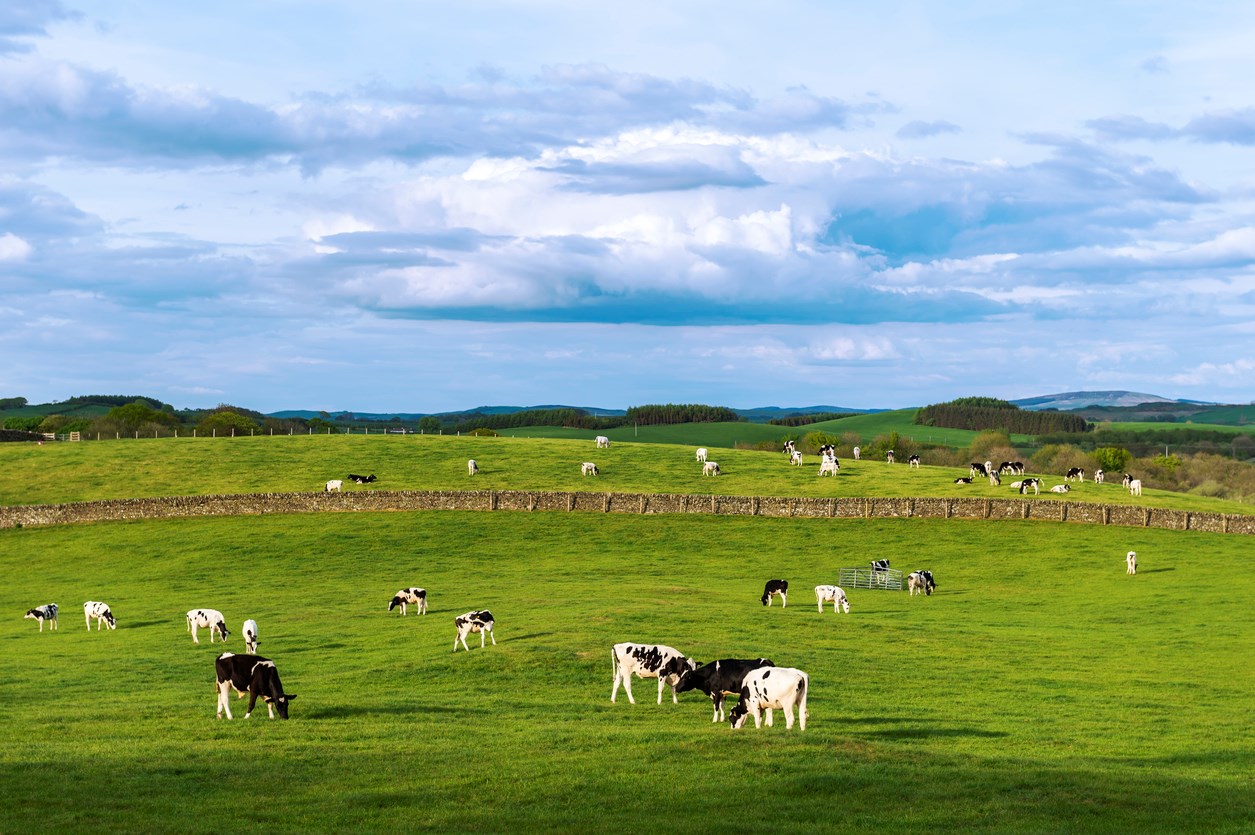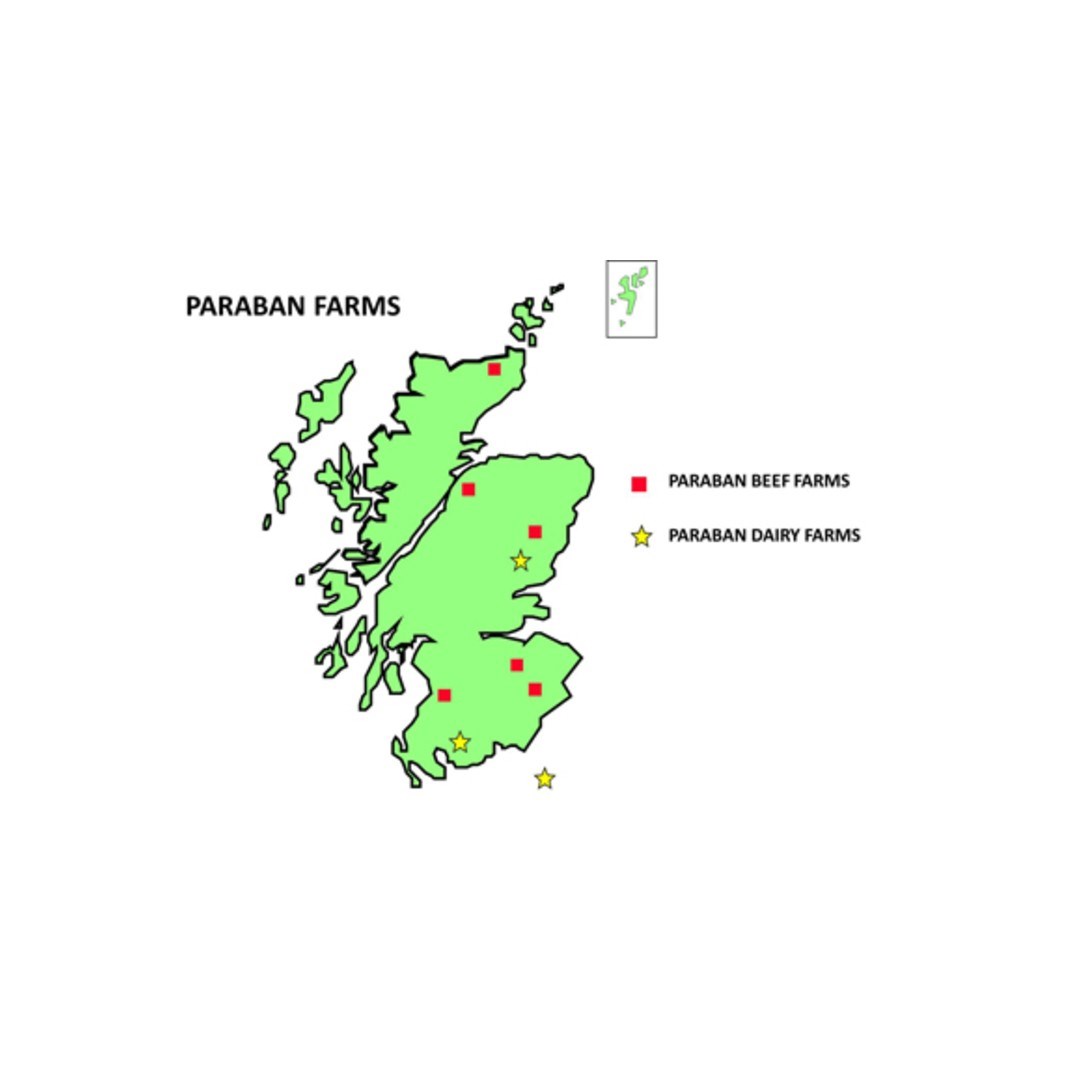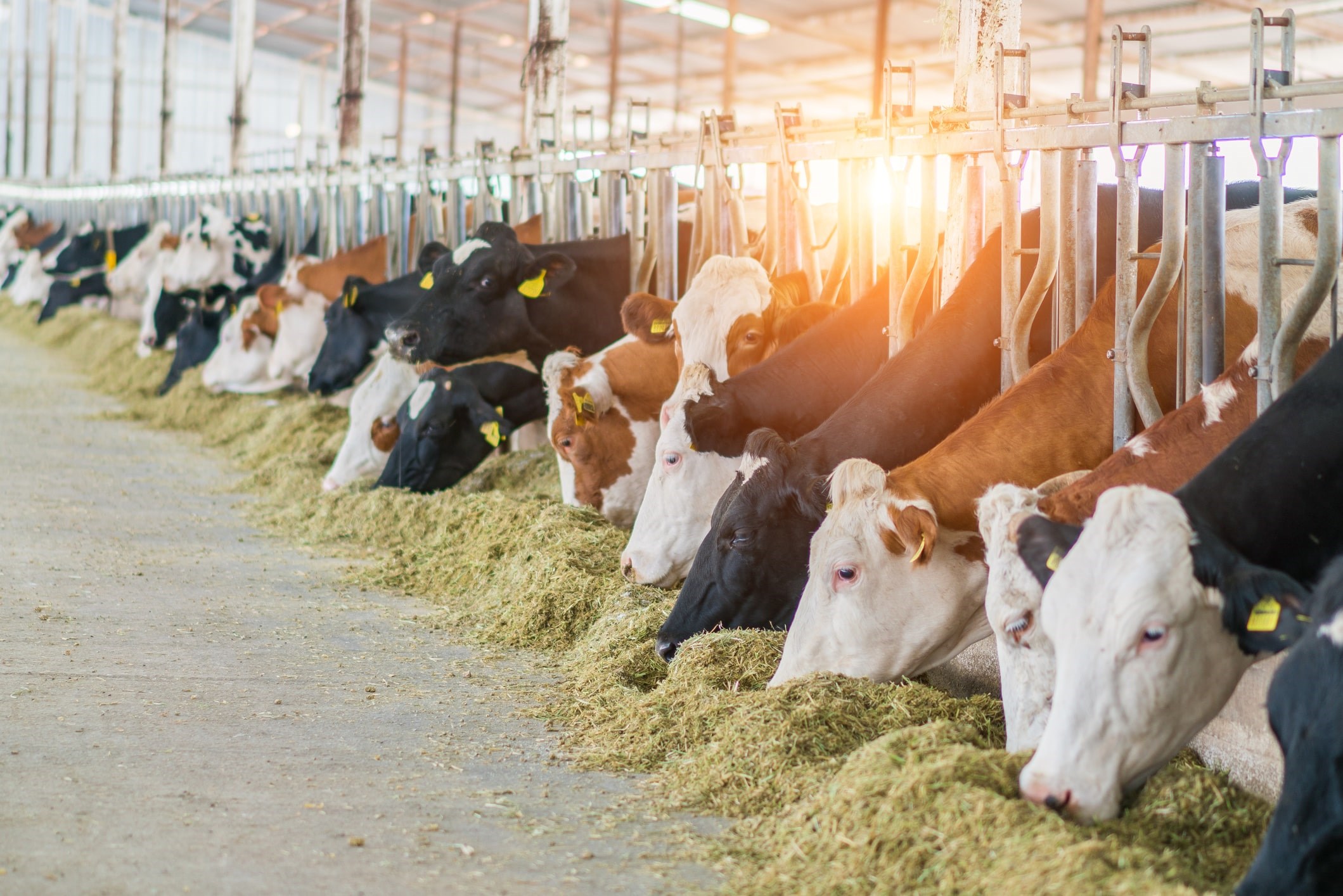Paraban
Knowledge exchange for the control of Johne's disease in Scottish cattle.


The Paraban project
Paraban is driven by the Scottish Cattle Industry's concern about the increasing prevalence of Johne's Disease in the national herd.
The Paraban project used knowledge exchange (KE) to identify feasible best practices for the monitoring and control of paratuberculosis (Johne’s disease) on Scottish cattle farms.
The project established an effective communication network between 'champion farms', their vets, health schemes, members of the Industry and scientists to identify the best testing and management options for the control of paratuberculosis on a farm-by-farm basis. This network enabled the best available knowledge from those involved in paratuberculosis control, from farmer and vet to scientists and industry, to be utilised in a realistic and effective manner, whilst workable solutions were tried and monitored for each farm.
It was a 3 year project funded by the Scottish Funding Council with additional funding provided directly from Scottish Government. In-kind support was provided by Quality Meat Scotland (QMS) and other industry stakeholders.
The project was led by the Epidemiology Research Unit (SRUC Research) in Inverness with project partners from the Universities of Glasgow and Edinburgh and the James Hutton Institute.

Case study farms
The benefits of implementation of control measures are illustrated with case studies of farms that took part in a previous project - the Paraban Project.
Champion farmers across Scotland implemented different testing and control regimes according to farm type and feasibility of management options. A 65% reduction, on average, was seen across study farms over the course of the 3 year study. Visit the links below to see their stories.
Champion farms
Beef Farm 1 Case Study - Moray
Beef Farm 2 Case Study - Aberdeenshire
Beef Farm 3 Case Study - Midlothian
Beef Farm 4 Case Study - Ayrshire
Beef Farm 5 Case Study - East Lothian
Beef Farm 6 Case Study - Caithness
Dairy Farm 1 Case Study - Angus
Dairy Farm 2 Case Study - Dumfries & Galloway

The legacy of the Paraban project
The Paraban project was concluded in 2013 but was further built upon with "Paraban Reloaded". This was a SRDP (Skills Development Scheme Project) funded and commissioned by Quality Meat Scotland (QMS).
Throughout 2014 to spring 2015 a series of interactive workshops were held with farmers across Scotland to develop knowledge and confidence of vets and farmers in identifying and implementing workable ways to reduce the impact of paratuberculosis.

Paraban Reloaded
Over the course of January 2014 to March 2015, "Paraban Reloaded" delivered a series of 21 workshops across Scotland in order to:
- Provide information to farmers enabling them to understand the benefits of testing for Johne's disease
- Show farmers, through the use of case studies, the benefits of testing
- Provide for farmers, a risk-based decision support tool which uses a combination of farm management and environmental information
The workshops were designed to engage farmers in discussion and highlight the management options that they could consider implementing in an attempt to better control Johne's Disease.
Discover more


Testing for Johne's
Identify infected animals in the herd as soon as possible so that management decisions may be taken to prevent the spread of infection.


Accreditation Programme & health schemes
Risk Level Accreditation programme enables herds to maintain or move towards clear herd tests.


Find out more about our services

Research news
Have a look at our latest news articles to find out more about our research activities and impact across the globe.


SRUC Pure
You can access our research outputs, learn more about our research team, see our current and past research projects and much more on SRUC Pure.
